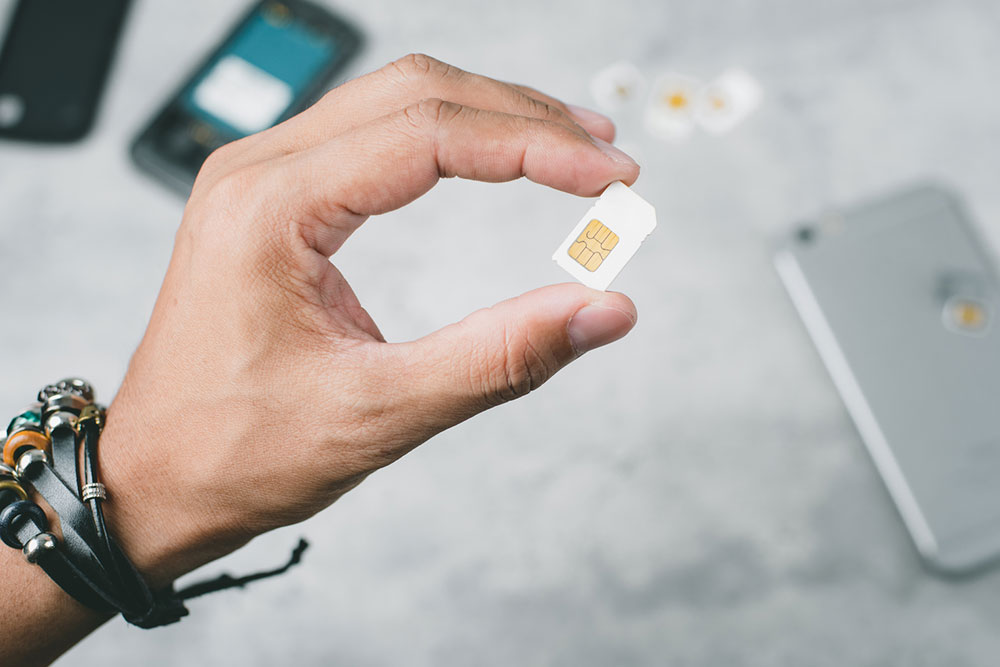Identifying the best phone plans varies for every individual. However, the process becomes straightforward when one is well-versed with common mistakes that people make. After examining more than 12 internet service providers over the last decade, we have helped numerous individuals find more economical options than the pricey contract plans offered by some established network platforms. This guide will address common errors one must know when switching the phone carrier. Let us get started.
1. Picking the incorrect network
Broadly, one will find three primary carriers in the country – T-Mobile, AT&T, and Verizon phone internet. Though each claim of network superiority, validation is imperative. RootMetrics is a reliable source to authenticate this. It tracks the performance of all prominent networks. On the website, click on RootScore Reports, enter the city into the search bar, and assess the rankings of one’s neighborhood for every network.
For instance, when we searched for particular cities on RootMetrics, we found the Verizon phone plus internet plans rank at the top, followed by AT&T and T-Mobile. RootScore delves into call and data performance besides overall rankings. In addition, the platform proves equally valuable for network transitions.
Alternatively, we have a better and more reliable alternative (different regions in a city may have different reception to the networks). One can inquire with the people in the neighborhood about the network they use and its quality.
One can ask the following questions to get clarity and decide whether one must opt for T-Mobile, AT&T, or Verizon phone plans:
- Is the data speed good?
- Has anyone encountered any call drop issues?
- Is there any problem with text delivery?
If one finds it awkward to inquire with the neighbors, one can post queries on platforms like Facebook or Nextdoor and get reliable responses.
2. Overlooking the affordable phone service providers
Several budget-friendly mobile service providers employ identical towers as AT&T, Verizon, and T-Mobile. These companies can help one save $30 per month or more. Economical wireless choices categorically include:
- Discount brands associated with primary networks
- Prepaid segments of renowned brands
- Mobile virtual network operators (MVNOs)
A. Discount brands owned by leading carriers
All three prominent networks possess budget-friendly subsidiaries, yet they function autonomously from T-Mobile, AT&T, and Verizon.
- Visible by Verizon – Owned by Verizon
- Cricket Wireless – Owned by AT&T
- Metro by T-Mobile – Owned by T-Mobile
B. Prepaid segments by prominent networks
AT&T, T-Mobile, and Verizon feature the prepaid sector inside their corporations. One will find AT&T, T-Mobile, and Verizon phone plus internet plans more affordable when one shops via the prepaid domain. Further, one will not need any credit check for such plans. Some popular prepaid alternatives one must be aware of are:
- Verizon Prepaid Services
- AT&T Prepaid Solutions
- Connect by T-Mobile and the T-Mobile Prepaid
From the above-listed alternatives, Connect by T-Mobile is an exceptionally low-cost option. At a $15 monthly rate, one can avail of 3.5 GB of high-speed data and unlimited talk and text service.
C. Mobile virtual network operators (MVNOs)
These entities collaborate with one or more top-recognized networks to offer phone plans.
Some common examples of these are:
- AT&T-partnered Pure Talk
- Xfinity Mobile, utilizing Verizon’s network
- Mint Mobile, which relies on T-Mobile’s network
- US Mobile, in partnership with Verizon and T-Mobile
However, before committing to an MVNO, one must ensure compatibility with a preferred network – T-Mobile, AT&T, or Verizon plans. Sometimes, these MVNOs are restricted from advertising their network partners. However, one can gather all this information from a simple Google search.
3. Ignoring phone’s compatibility
When switching mobile service providers while retaining the old phone, ensure its unlocked status and compatibility. For confirmation, every carrier offers an online compatibility checker on their website.
Retrieve the phone’s IMEI number by dialing *#06# on the smartphone. Input this code in the online tool for compatibility check. Procure a compatible device or explore another service if the device is incompatible. If considering a new handset purchase, please know multiple budget providers offer appealing phone deals while others may not. For instance, one can find trade-in deals with Verizon phone plans or other ISPs for affordable handset offers. Alternatively, one can shop for unlocked phones from platforms like eBay or Amazon instead of directly shopping from a new service provider.
4. Premature termination of former service
When one shifts to a new mobile provider, one may often want to retain the phone number. It is possible via porting. But canceling the former service too soon might amount to one losing the number.
So, if one decides to switch from T-Mobile to Verizon plans or vice-versa:
- One must refrain from ending the current service before beginning a new one with another company.
- Enlist with a fresh cell phone provider and express one’s intention to retain the existing number.
Register with Verizon at least five to seven days before the ongoing plan concludes for a seamless transition from T-Mobile to Verizon phone internet. Terminate the old service once the porting process is completed and the current phone functions with the new service.
5. Picking a plan that does not meet one’s needs
One can choose from Fixed or Unlimited plans. While the latter is not essential, it is beneficial because it needs no tracking. Hence, one can enjoy uninterrupted internet service. But not everyone has a high usage. So, one must track their monthly usage and pick a plan that meets their needs.



